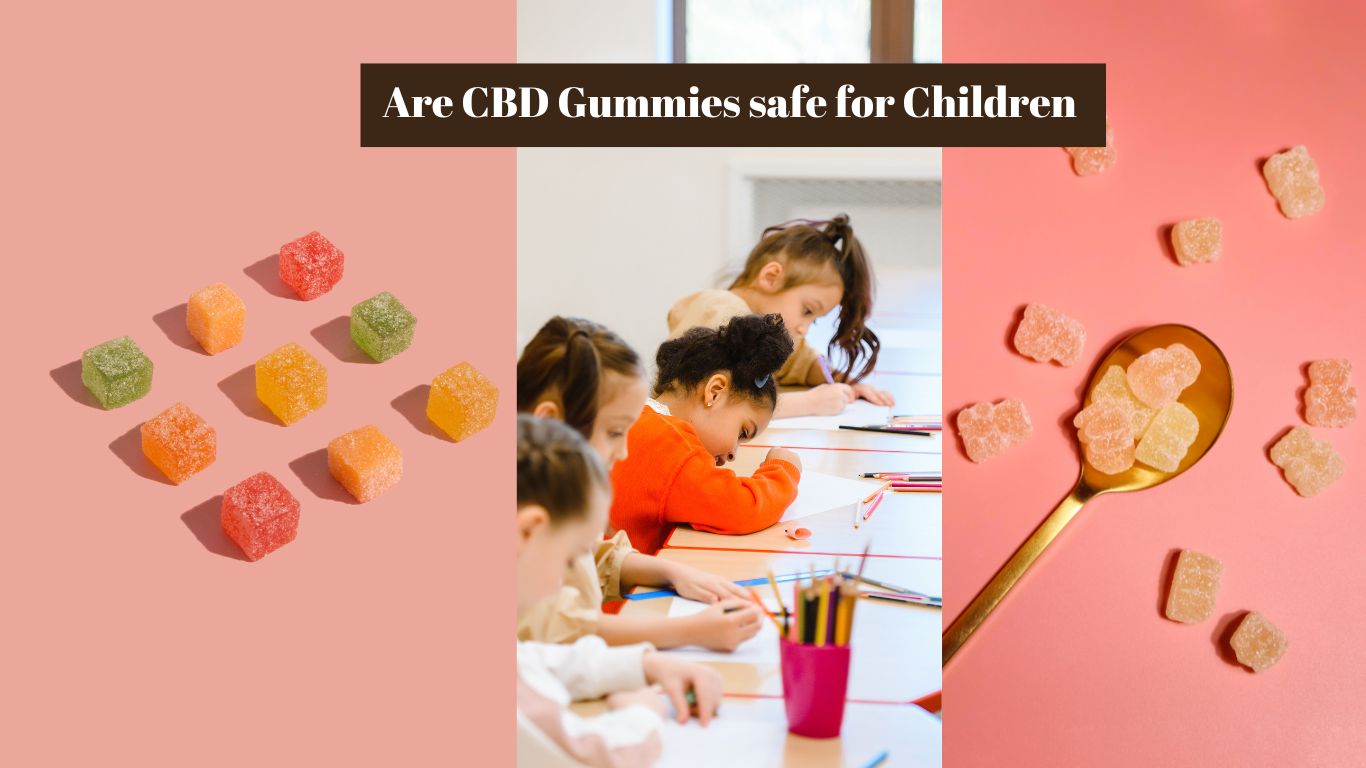Introduction
The rise of cannabidiol (CBD) as a natural remedy has seen a parallel increase in its popularity among Canadian consumers, including interest in CBD gummies for children. In Canada, where cannabis was legalized for recreational use in 2018, there’s a robust regulatory framework in place, particularly regarding products intended for children. This article delves into the considerations parents should make regarding the safety and dosage of CBD gummies for their children, alongside guidelines to navigate this complex landscape.
Understanding CBD and Its Use in Children

CBD is one of many compounds found in the cannabis plant, known for its non-intoxicating properties, unlike its counterpart, THC. In the pediatric context, CBD is being explored for its potential to alleviate conditions such as epilepsy, anxiety, and sleep disturbances. However, Health Canada advises caution, suggesting CBD products should only be considered for children when other recognized treatments have failed to provide relief and when supervised by a healthcare professional.
Legal Framework of CBD for Children in Canada
In Canada, the production and sale of CBD products, including gummies, are regulated under the Cannabis Act. This legislation ensures that any CBD product sold legally has gone through rigorous testing and approval processes. Parents are advised to purchase CBD gummies from licensed providers to guarantee the product’s purity and potency. It’s crucial to verify that the products are authorized for sale in Canada to avoid illegal and potentially harmful substances.
Safety Concerns and Considerations
When considering CBD gummies for children, safety is paramount. Although CBD is generally considered safe, it can cause side effects such as drowsiness, diarrhea, and changes in appetite. The Canadian Paediatric Society remains cautious about the widespread use of CBD in children, citing a lack of extensive research on long-term effects. Parents must be vigilant about the potential risks and consult with pediatric healthcare providers before starting any CBD regimen for their children.
Determining the Right Dosage
One of the most significant challenges with CBD use in children is determining the correct dosage. Factors such as the child’s weight, the specific condition being treated, and individual responses to CBD all play a role in how much should be administered. Unlike medications approved by Health Canada, CBD gummies do not have standardized dosing guidelines, making professional medical advice a necessity to avoid under or overdosing.
Parental Guidance and Best Practices
For parents considering CBD gummies for their children, thorough research and medical consultation are advised. Start with a conversation with a pediatrician experienced in CBD use. Ensure that any chosen product is from a reputable source with accessible third-party lab results that verify its safety. Watch for any adverse reactions once the treatment begins, and maintain open communication with your child’s healthcare provider.
Alternatives to CBD Gummies for Children
While gummies are a popular choice due to their palatable flavors and ease of use, other forms of CBD, like oils and capsules, may offer more controlled dosing options. Moreover, depending on the child’s needs, alternative therapies such as behavioral interventions or other medications might be more appropriate and should be explored.
Exploring the Therapeutic Potential of CBD Gummies for Children
Despite the challenges and concerns, there is an undeniable interest in the therapeutic potential of CBD for various pediatric conditions. In Canada, one of the most compelling applications of CBD has been in the treatment of severe forms of epilepsy, such as Dravet syndrome and Lennox-Gastaut syndrome. Epidiolex, a prescription CBD oil, has been approved by the U.S. Food and Drug Administration and is under consideration by Health Canada for these conditions. This has paved the way for a cautious but interested investigation into other therapeutic roles CBD might play.
The Role of Careful Monitoring
When a child begins taking CBD, careful monitoring is crucial. Parents should keep a detailed log of dosage, timing, and any changes in symptoms or behavior. This record can be invaluable not only for managing the child’s treatment but also for contributing to the broader understanding of CBD’s effects on children. Healthcare providers can use this data to tailor treatment plans and offer more personalized advice.
Educating Parents and Dispelling Myths
With the proliferation of CBD products and the spread of information online, parents can encounter myths and misinformation. Education is a critical tool. In Canada, organizations like the Canadian Cannabis Clinics offer resources and consultations to help dispel myths and provide accurate information. They emphasize the need for evidence-based treatment approaches and encourage parents to critically evaluate the sources of their information.
Ongoing Research and Future Directions
The Canadian government has recognized the need for more research into the use of CBD, particularly in vulnerable populations like children. Funding for clinical trials and studies is increasing, with the aim of understanding not only the efficacy but also the safety and long-term implications of CBD use in children.
Making Informed Choices
Ultimately, the decision to use CBD gummies for a child’s treatment should come down to informed choice. Parents in Canada have the benefit of a regulated cannabis industry, which offers some safety assurances. However, with the landscape of CBD research continually evolving, staying up-to-date with the latest findings and regulations is vital.
Conclusion
CBD gummies represent a promising, yet complex, option for pediatric treatment in Canada. The combination of legal oversight, medical guidance, and parental vigilance is necessary to navigate this terrain safely. As research progresses, the hope is that clearer guidelines and more robust evidence will emerge to support parents and healthcare providers in making informed decisions about CBD’s role in children’s health care.
In the meantime, open dialogue, continued education, and a cautious approach remain the cornerstones of using CBD gummies for children in Canada.




